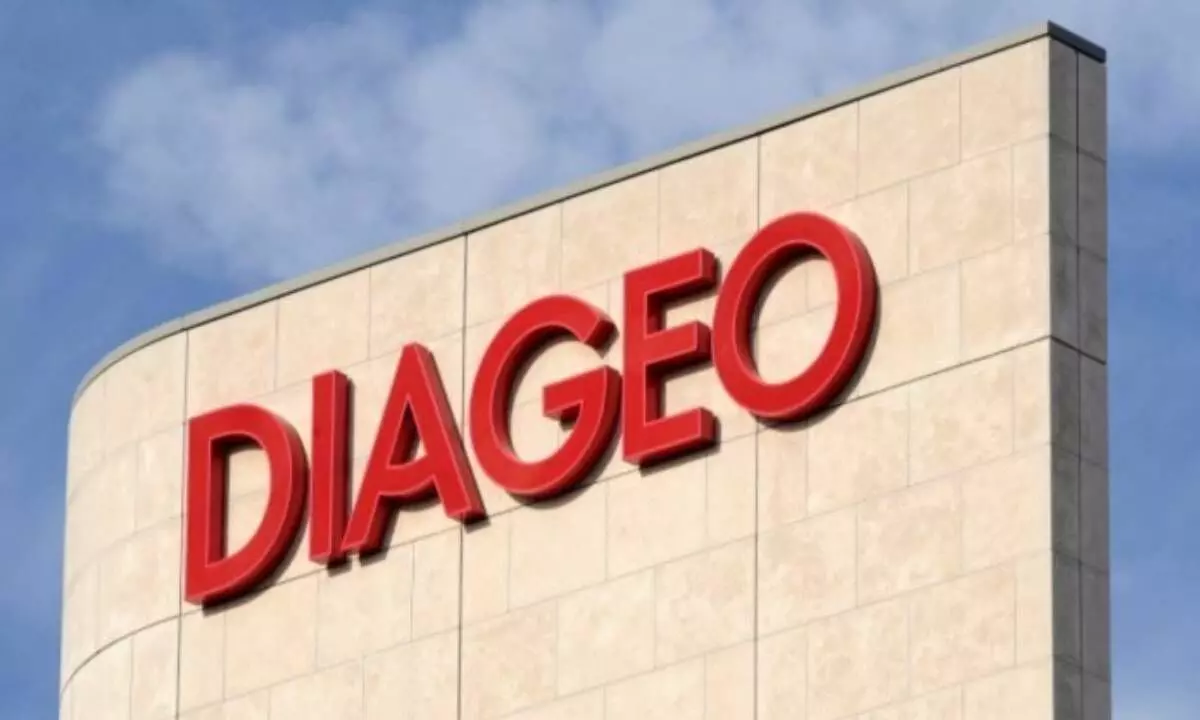Calling whiskey enthusiasts! Diageo halts some whiskey sales in India to force price hikes
United Spirits Ltd. has halted whiskey sales in a number of states yet to budge on price caps despite rising inflation. The move to stop sales rather than see margins continue to erode is a risky bet, analysts at Mumbai-based Dolat Capital wrote last month, that could complicate the firm’s pivot to premium products. It also means a mounting loss of revenue across its portfolio while costs rise at a double-digit pace.
image for illustrative purpose

United Spirits Ltd. has halted whiskey sales in a number of states yet to budge on price caps despite rising inflation. The move to stop sales rather than see margins continue to erode is a risky bet, analysts at Mumbai-based Dolat Capital wrote last month, that could complicate the firm's pivot to premium products. It also means a mounting loss of revenue across its portfolio while costs rise at a double-digit pace.
"I didn't realize how difficult it is," 57-year-old Nagarajan said, referring to the maze of red tape that spans 36 states and union territories in a country where alcohol is still sometimes seen as forbidden. "In the short term there will be some impact on market share," she said in an interview in the southern city of Bengaluru, adding that she hopes pricing issues will be resolved by the end of September.
Discussions are ongoing with up to five states, she said. Others such as Haryana, Rajasthan and Uttar Pradesh, have already implemented hikes.
Diageo's difficulties are emblematic of a market where a high potential for growth for alcohol makers is complicated by tradition and taboo. Mahatma Gandhi wanted to rid the country of liquor and some states, such as Bihar and Gujarat, do ban alcohol. But a growing class of urbanist India drinkers, seeking out new tastes and craft beverages, are also a lucrative opportunity.
Diageo -- which owns brands including Johnnie Walker and Smirnoff -- needs about 200,000 permits each year to navigate rules that often change at little notice. That includes in the capital, New Delhi, where more than 100 liquor shops have closed this month after the local government rolled back licensing introduced last year to liberalize alcohol sales.
Currently, each state sets its own alcohol prices. Nagarajan said Diageo is lobbying for a mechanism to allow pricing to rise with inflation, which the company expects to remain heightened for the next two quarters, as well as inclusion in India's nationally applied goods-and-service-tax. The latter would help streamline the process, though she said it might be a long way off, with states unwilling to relinquish control over a lucrative revenue source.
Beyond bureaucratic battles, Nagarajan's first year as CEO -- she's the first woman to head a major alcoholic beverage firm in India -- has been focused on revamping the booze titan's local portfolio after the purchase of United Spirits a decade ago from liquor and airline tycoon Vijay Mallya, an embattled former billionaire currently facing extradition from the UK to India after failing to repay bank debt.
Diageo is looking to tap a growing class of urbanite Indian drinkers. The volume of Indian produced premium spirits is expected to more than double between 2021 to 2026 at a rate of 18% annually, according to IWSR Drinks Market Analysis, an industry researcher.
This year Diageo invested 315 million rupees ($4 million) for a minority stake in Indian distiller Nao Spirits -- the maker of Greater Than and Hapusa gins -- and launched its own artisan whiskey Godawan. The company is also piloting its Guinness stout beer across a handful of states and Nagarajan said she is "on the lookout" for further acquisitions to enhance its premium roster.

